Legal cannabis markets have generated more than $24.7 billion in cumulative state tax revenue since 2014, with 2024 setting a record $4.4 billion — but California's proposed July 2025 tax hike from 15% to 19% reveals a fundamental contradiction in cannabis policy that could undermine the entire legal industry's future.
The unprecedented tax milestone represents both triumph and warning. While celebrating revenue success, industry experts warn that aggressive taxation is creating a vicious cycle that drives consumers back to illicit markets and threatens the sustainability of legalization itself.
The California Contradiction: Success Masking Systemic Failure
California leads all states with over $1 billion in cannabis tax revenue for 2024, but this apparent success masks a deeper crisis. On July 1, 2025, the state's cannabis excise tax was scheduled to rise from 15% to 19% — a staggering 26% increase mandated by a 2022 law that automatically raises rates when tax revenues decline. However, just this week, the California Assembly delivered a stunning 74-0 vote to save legal cannabis market from "Extinction Level Event." Unanimous bipartisan support for AB 564 delays the catastrophic 26% tax hike until 2030, but industry isn't out of the woods yet. The Senate vote to enact the bill will be the next crucial test of whether California is serious about saving its cannabis industry — or content to watch it collapse under the weight of its own contradictions.
All of this combined creates what industry experts call a "death spiral": when legal sales drop due to high taxes competing with illicit markets, the state responds by raising taxes further, making legal products even less competitive.
"More businesses will close sooner as the legal price is just too far away from illegally obtained products," warns Jerred Kiloh, president of the United Cannabis Business Association. "Less investment in starting or continuing cannabis operations will occur, and demand for cannabis licenses will decline exponentially."
Since January 2018, California has generated more than $6.7 billion in total cannabis tax revenue, but thousands of licensed businesses have shuttered due to what industry leaders describe as a toxic mix of overregulation, inconsistent enforcement, and sky-high operational costs that make competing with untaxed illicit markets nearly impossible.

The Illicit Market Reality Behind the Revenue Numbers
The $25 billion in legal tax revenue tells only part of the story. State-funded research indicates that illicit markets continue to supply the majority of cannabis consumers in California despite years of legalization — a pattern emerging across multiple states with high tax rates.
Amy O'Gorman Jenkins of the California Cannabis Operators Association put it starkly: "We're urging the Legislature and Administration to act quickly and freeze the tax at 15%. If we want a regulated market to survive in California, the time to intervene is now."
The fundamental equation is simple but devastating: High taxes = higher prices = lower legal demand = more illicit activity = less tax revenue. This cycle not only undermines tax collection goals but defeats the primary public safety and consumer protection objectives of legalization.
States Walking the Tightrope: Revenue vs. Market Viability
Other leading cannabis states demonstrate the delicate balance required for sustainable tax policy. Illinois generated $578 million in 2024 tax revenue with a more moderate approach, while Michigan ($524 million) and Washington ($516 million) have maintained steady growth without the dramatic rate increases that are crushing California's market.
The contrast is stark: while these states show consistent growth in both revenue and market health, California's aggressive taxation is creating what industry leaders call "a slow-motion abandonment of legalization's promise."
States like New York and Massachusetts face similar challenges, burdening cannabis with heavy taxes and rigid regulations while wondering why legal sales lag behind projections and illicit markets remain robust.
Cannabis Tax Revenue Powers State Programs — When Markets Survive
Where sustainable tax policies exist, cannabis revenue has transformed state budgets. Legal cannabis taxes have funded Medicaid, education, school construction, housing, roads, early literacy, bullying prevention, behavioral health, alcohol and drug treatment, veterans' services, conservation, job training, conviction expungement expenses, and reinvestment in communities disproportionately affected by prohibition.
California's 15% excise tax supports programs for childcare and early childhood development, medical research, youth substance abuse prevention, and environmental recovery. However, these benefits become meaningless if overtaxation destroys the legal market generating the revenue.
Industry Employment Reflects Market Stress
The cannabis workforce data reveals the strain of current policies. While the industry supports 425,002 full-time equivalent jobs nationwide, employment dropped 3.4% in 2024 even as sales grew to $30.1 billion.
"The cannabis industry has shifted from a phase of hyper-growth to one of operational discipline," said Karson Humiston, Founder & CEO of Vangst. This "operational discipline" often means businesses consolidating, closing, or moving operations to more tax-friendly jurisdictions.
The employment decline reflects more than market maturation — it signals an industry under severe regulatory and tax pressure that's forcing efficiency through elimination rather than growth through opportunity.
The Federal 280E Problem Amplifies State Tax Damage
The tax burden becomes even more crushing when combined with federal restrictions. Cannabis companies cannot deduct normal business expenses under federal tax code Section 280E, creating effective tax rates that can exceed 70% in high-tax states like California.
This federal-state tax combination creates what industry experts describe as "fundamentally dishonest governance" — leaders claim to support thriving legal cannabis industries while enacting policies that make success virtually impossible.
A Growing Problem Threatening National Legalization Goals
Twenty-four states have legalized adult-use cannabis, but California's experience serves as a cautionary tale for emerging markets. States like Ohio and New York, despite showing growth, risk repeating California's mistakes if they prioritize short-term tax revenue over long-term market sustainability.
The lesson is clear: sustainable cannabis markets require tax policies that allow legal businesses to compete with illicit alternatives. Otherwise, legalization becomes an expensive failure that generates modest tax revenue while maintaining robust criminal markets.
Policy Solutions: Learning from Success and Failure
Successful cannabis markets share common characteristics: moderate tax rates, streamlined regulations, consistent enforcement against illicit operators, and policies that prioritize market development over revenue extraction.
Assembly member Matt Haney's bill to block California's tax hike passed its first committee vote unanimously, showing bipartisan recognition that the current path is unsustainable. However, with the increase already implemented, California faces a critical test of whether political leaders will prioritize long-term industry health over short-term revenue needs.
The Real Test: Sustainable Growth vs. Short-Term Revenue Grabs
The $25 billion tax revenue milestone should be celebrated — but with crucial caveats. This revenue represents the potential of well-regulated cannabis markets, not validation of any specific tax policy approach.
California's experience proves that treating cannabis as a limitless cash cow while ignoring market dynamics leads to industry collapse. The question for other states is whether they'll learn from this cautionary tale or repeat the same mistakes.
Nationwide legalization could generate $8.5 billion annually for all states, according to tax policy researchers, but only if states adopt sustainable policies that allow legal markets to thrive rather than merely survive.
Looking Ahead: Promise vs. Reality
The cannabis industry's evolution from rapid expansion to what experts call "operational discipline" reflects both market maturation and policy-induced stress. The $25 billion milestone demonstrates cannabis taxation's potential — but California's crisis reveals how quickly success can turn to failure with misguided policy.
For policymakers, the lesson is urgent: cannabis tax policy must balance revenue generation with market viability. Success means building sustainable industries that generate consistent, long-term tax revenue while achieving legalization's broader goals of consumer safety, criminal justice reform, and economic opportunity.
The $25 billion represents not just past achievement, but a foundation that could either support continued growth or serve as a peak before policy-induced collapse. The choice belongs to lawmakers willing to learn from both success stories and cautionary tales.
Analysis based on data from the Marijuana Policy Project, NORML, Vangst Staffing, Whitney Economics, and industry reporting on California's tax policy impacts.
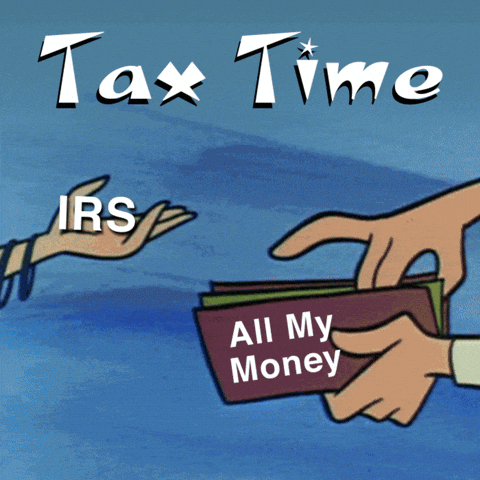

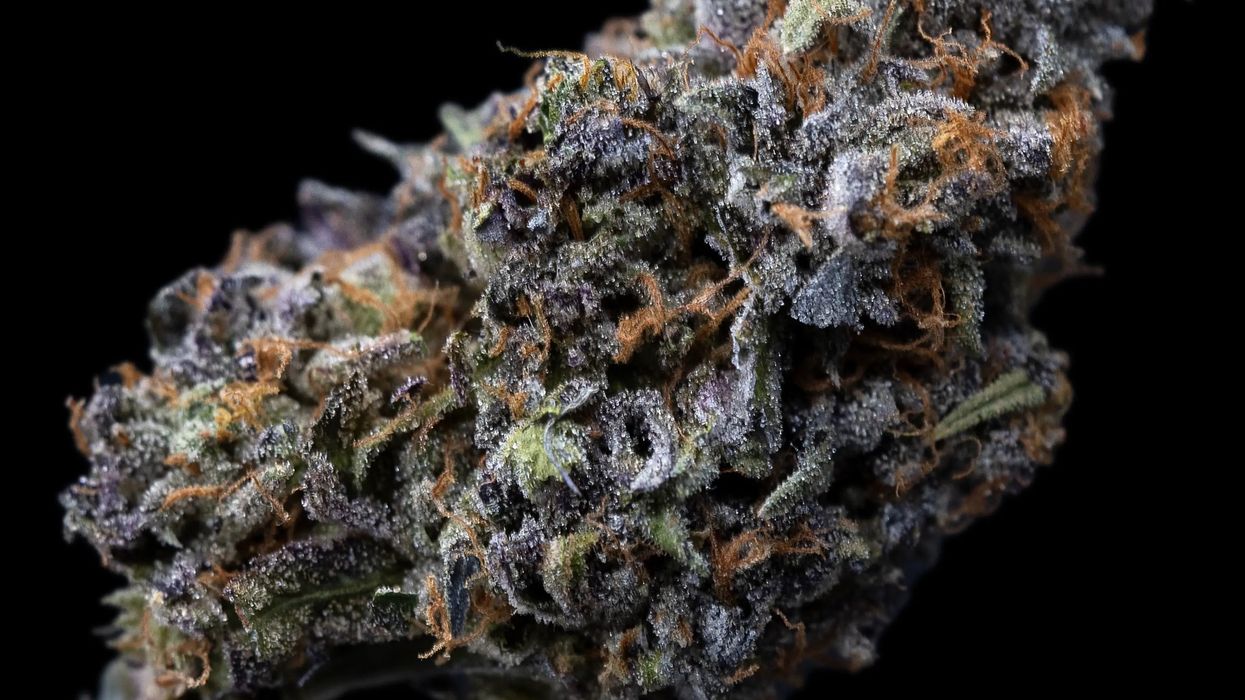
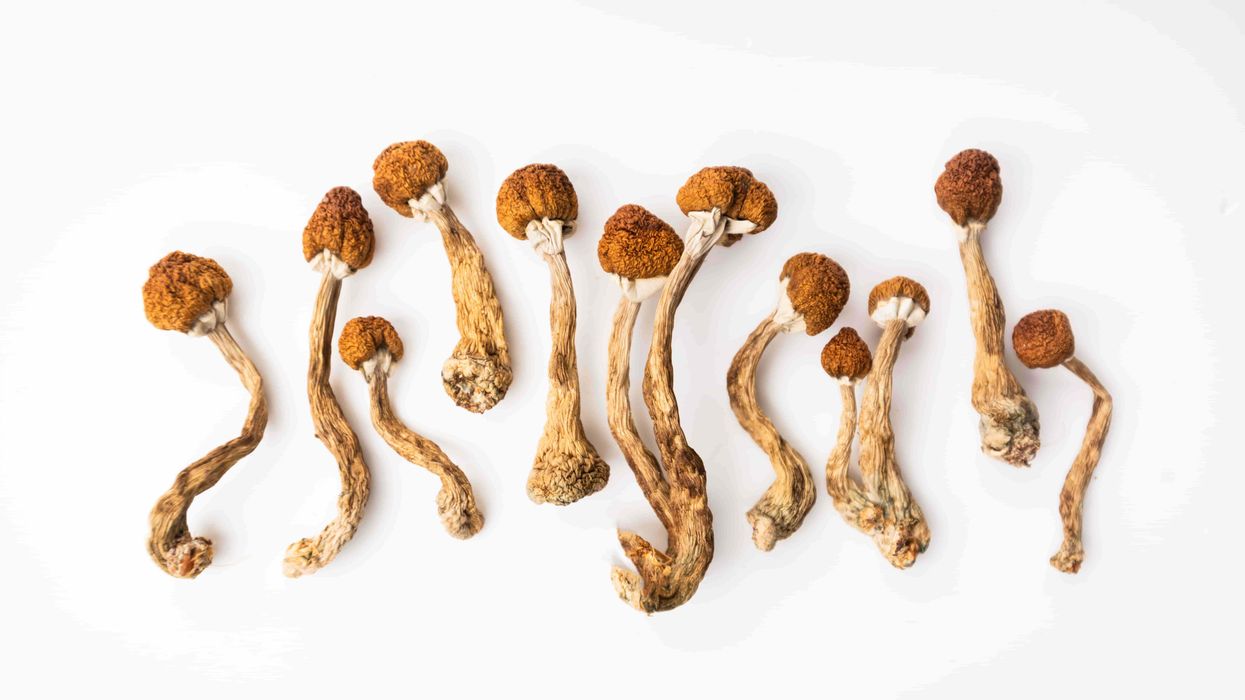



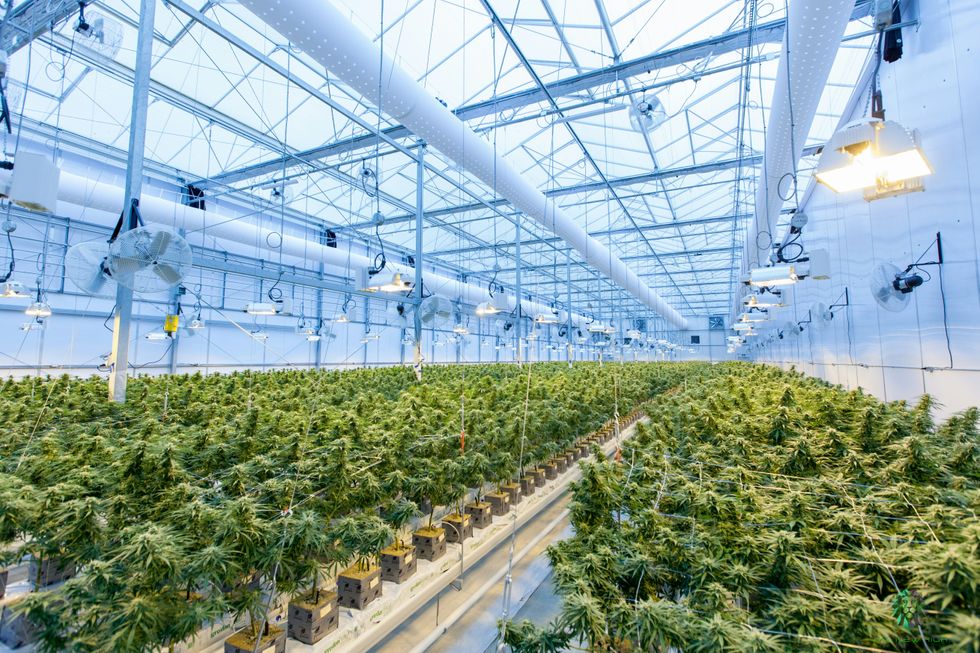 When it comes to pricing, cultivation methods matter - The Bluntness
Photo by
When it comes to pricing, cultivation methods matter - The Bluntness
Photo by 


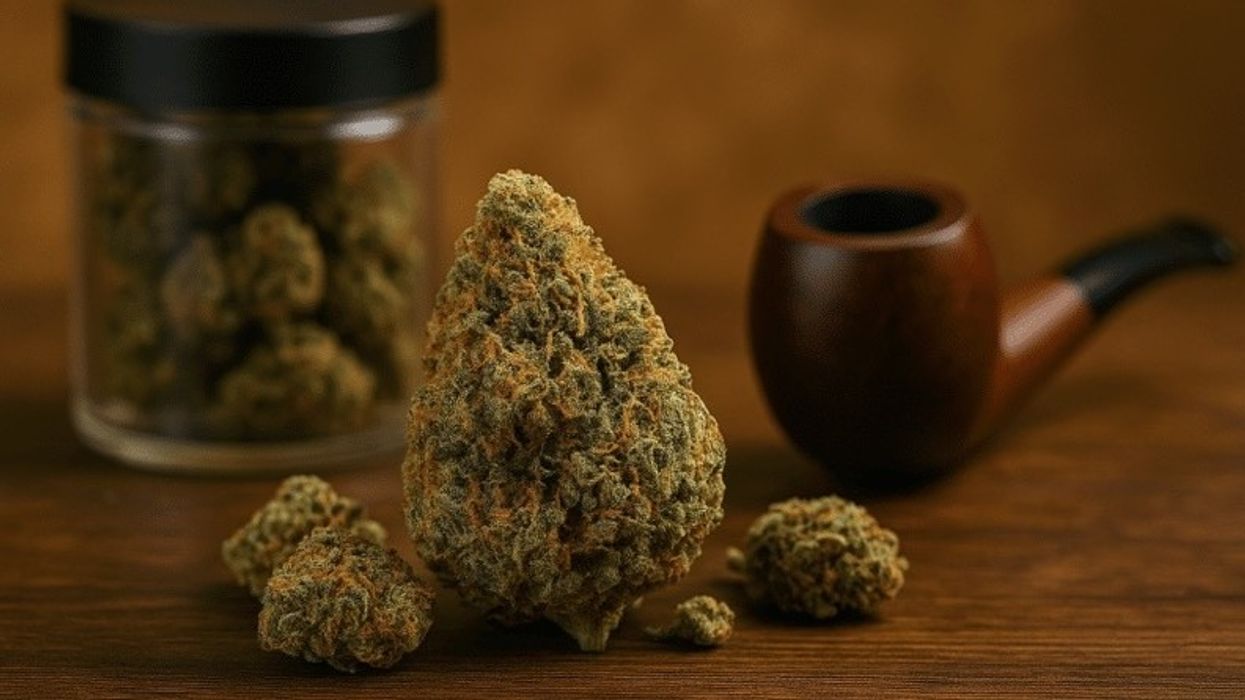





 High-THC Weed Explored - The Bluntness Photo by
High-THC Weed Explored - The Bluntness Photo by  High-THC Weed Explored - The Bluntness Photo by
High-THC Weed Explored - The Bluntness Photo by  High-THC Weed Explored - The Bluntness Photo by Maria Fernanda Pissioli on Unsplash
High-THC Weed Explored - The Bluntness Photo by Maria Fernanda Pissioli on Unsplash 
 The Proposed Hemp Ban That Would Destroy a $28 Billion Success Story - The Bluntness Photo by
The Proposed Hemp Ban That Would Destroy a $28 Billion Success Story - The Bluntness Photo by